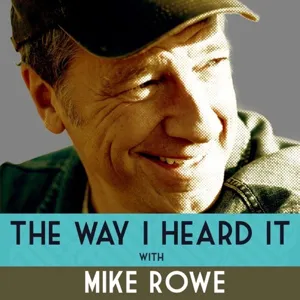When Tariq Fancy joined BlackRock as its first chief investment officer for sustainable investing in 2018, he was convinced that with companies around the world, including the world’s biggest asset manager, embracing environmental, social and governance (ESG) causes, the stage was set to reform capitalism. As a former Wall Street banker, he’d been hired by Blackrock after setting up his own digital learning non-profit group in Canada. But just two years after joining Blackrock, he left his job. So what went wrong?
In the first episode of our special five-part series produced in partnership with the FT’s Moral Money team, Gillian Tett, the FT’s US editor-at-large, and Andrew Edgecliffe-Johnson, the FT’s US business editor, explore the idea that the trillions of dollars that have flowed into ESG investments represent a once-in-a generation shift in the business consensus. Can it be true that ESG investing can address some of the world’s most-pressing problems, including climate change and inequality?
Check out stories and up-to-the-minute news from the Moral Money team here.
Get 30 days of the premium Moral Money newsletter free, together with complimentary access to FT.com for the same period, visit www.ft.com/insideesg
Review clips: AP, KPIX CBS, CNBC, CNN, The Telegraph, PayPal
Hosted on Acast. See acast.com/privacy for more information.











